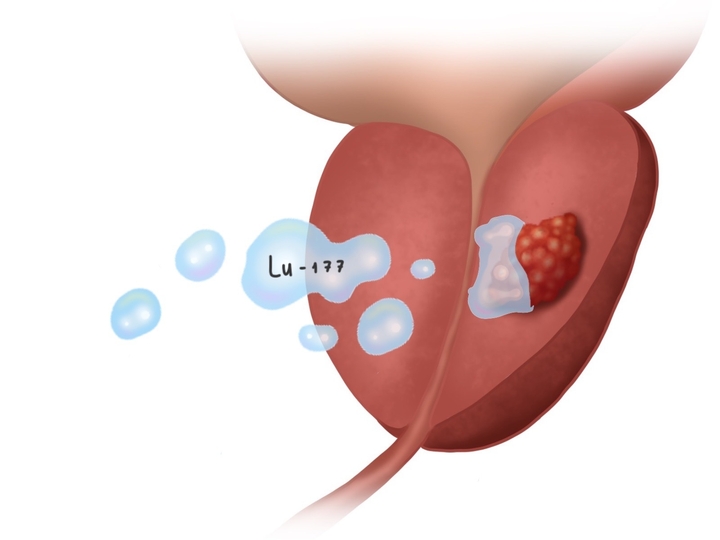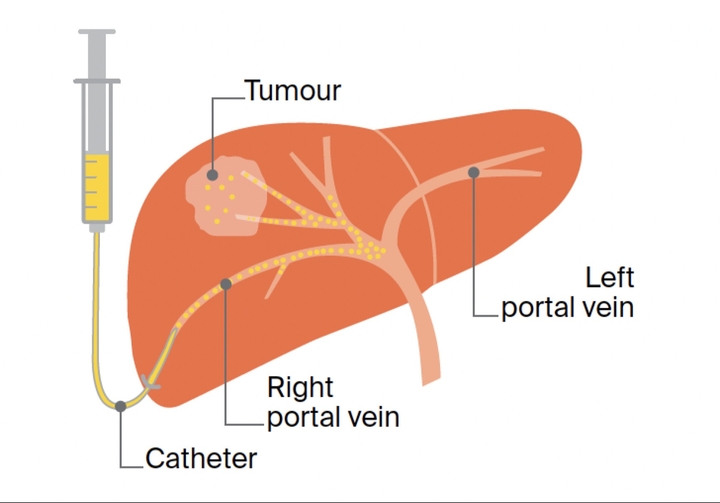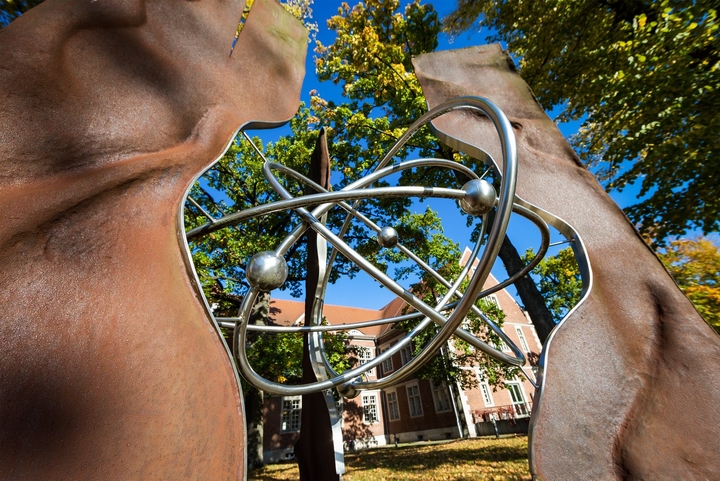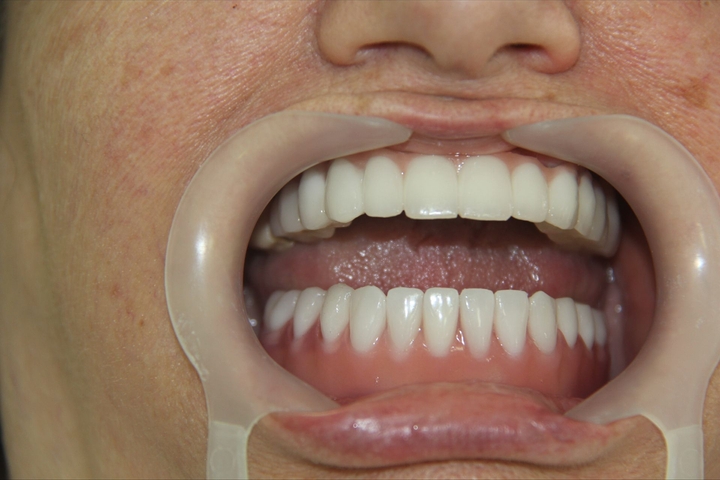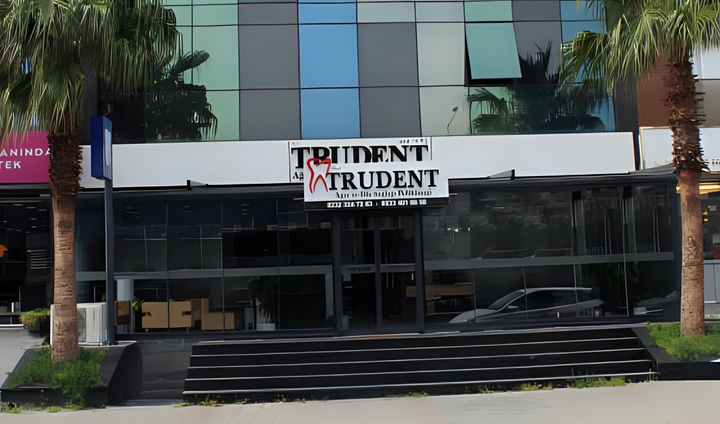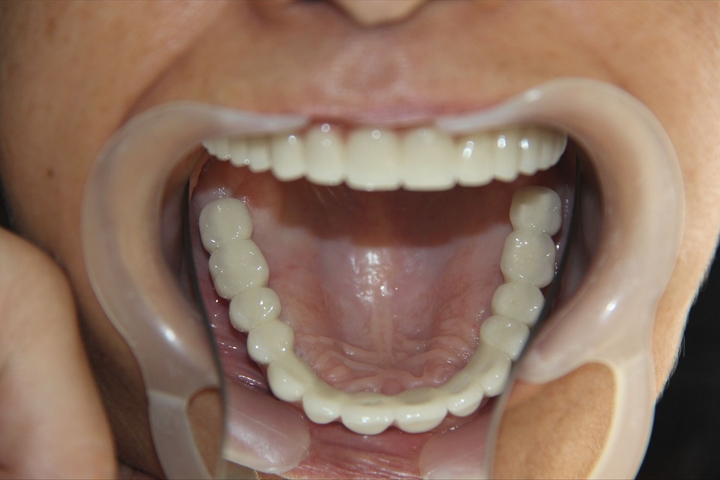Fetoscopic Laser Coagulation of Placental Anastomoses for Twin-to-Twin Transfusion Syndrome (TTTS) | Ruppin-Brandenburg University Hospital, Germany
Neuruppin, Germany




Overview
Age group
Adults
Type of care
Outpatient
Method
Microinvasive
About the offer
What’s included
Medical service
- clinical history-taking
- medical records review
- physical examination
- consultation with a gynecologist
- complete blood count (CBC)
- blood type test (ABO, Rh)
- biochemical analysis of blood (kidney and liver function tests, electrolytes, glucose, lipid panel)
- inflammation blood tests
- coagulation studies
- urinalysis
- gynecological examination
- ultrasound examination
- preoperative patient preparation
- fetoscopic laser coagulation of placental anastomoses in monochorionic twin pregnancies with twin-to-twin transfusion syndrome (TTTS) using an ultra-thin technique with a 1 mm optic
- postoperative care
- symptomatic treatment
- cost of essential medicines
- cost of essential materials
- outpatient admission
- nursing service
- discharge medical records
- further recommendations
Extra add-ons
AiroCare
Meet the provider
Gallery
Customize this offer
If you're not seeing exactly what you need here, send your custom request. You can discuss the content, specifics, price & timeline to create a personalized plan.
Location
Alte Schwimmhalle, Fehrbelliner Str. 38, 16816 Neuruppin, Germany
FAQ
What is Twin-to-Twin Transfusion Syndrome (TTTS)?
TTTS is a serious condition that affects monochorionic twin pregnancies, where the twins share a single placenta. Abnormal blood vessel connections in the placenta cause one twin to transfer blood to the other, leading to health risks for both.
What is fetoscopic laser coagulation?
Fetoscopic laser coagulation is a minimally invasive surgical procedure that seals abnormal vascular connections between twins on the placenta using laser energy. This stops the unbalanced blood flow and stabilizes the pregnancy.
Why is the ultra-thin 1 mm optic technique important?
Using an ultra-thin fetoscope reduces the size of the incision in the uterus, minimizing the risk of complications such as premature rupture of membranes. This approach is associated with better pregnancy outcomes and faster maternal recovery.
Individual cost estimate. Non-binding 100% free assessment.

